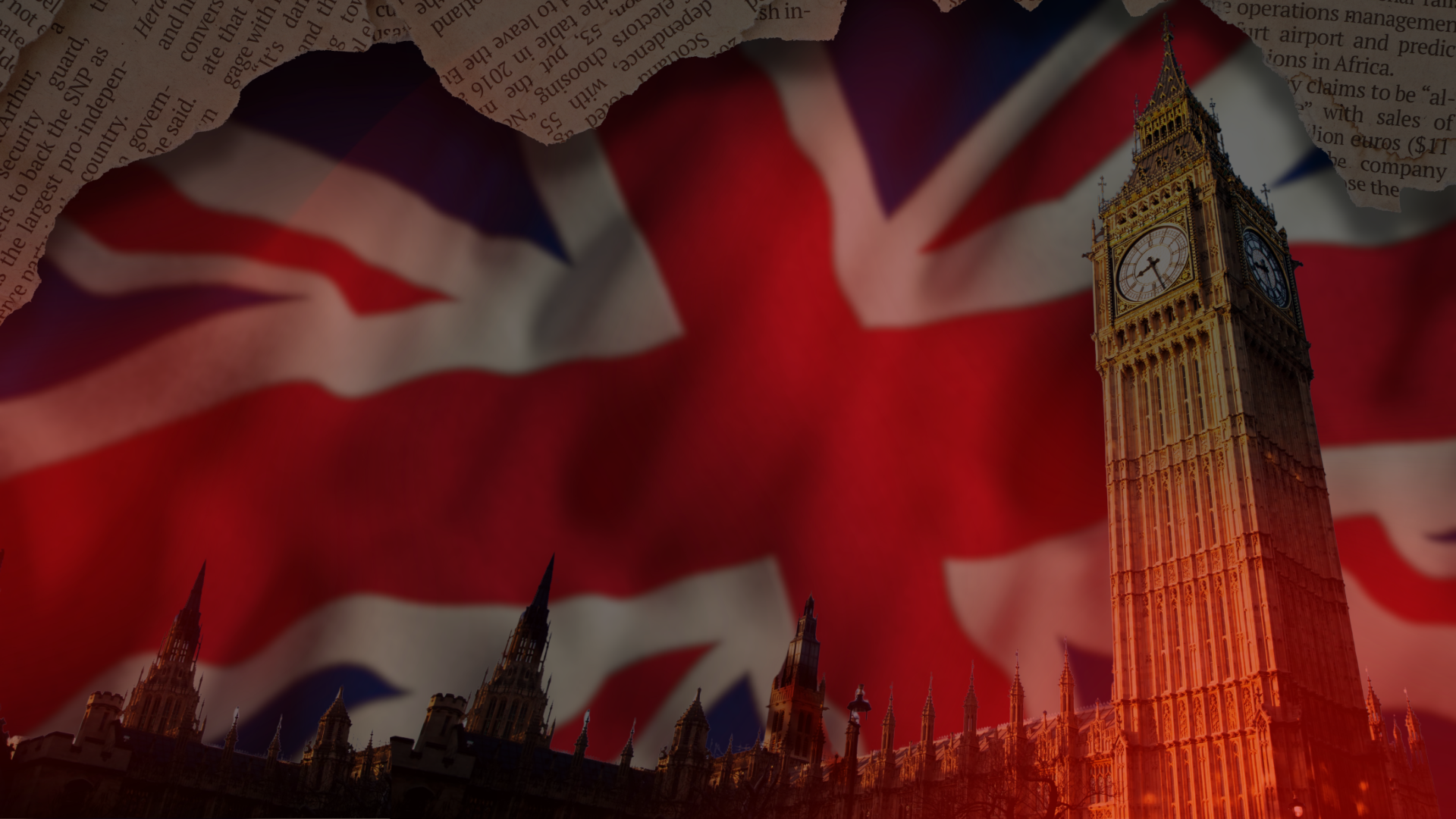Most democracies have a playbook. One clear document that spells out how the government operates, what it can and cannot do, and most crucially, what rights belong to the people. But Britain? We've managed to carry on for centuries without ever writing the whole thing down properly.
It's a peculiar situation when you think about it. We're talking about the basic rules that govern millions of lives, yet there's no single place you can go to read them. No definitive text that protects your freedoms when power shifts hands or policies change overnight.
What Actually Is a Written Constitution?

A written constitution is basically the supreme rulebook of a nation. It's one codified document that lays everything out in black and white. You'll find the structure of government mapped out clearly, showing how power gets divided between different branches and levels. There are hard limits on what those in charge can actually do to you. And critically, your fundamental rights get recognised and protected, from free speech to privacy to equality before the law.
Countries like the United States, France, Germany and South Africa all have these documents. They sit above ordinary laws, meaning governments can't just rewrite your rights because it suits them politically. Changes typically require broad agreement and proper process, not just a simple parliamentary majority on a Tuesday afternoon.
Want to see what a modern constitutional framework could look like for Britain?
Explore the Constitution Scroll
So Why Doesn't Britain Have One?
Here's where it gets messy. Britain's constitution isn't actually unwritten, it's just scattered everywhere. We've got statutes that Parliament has passed over the years, common law built up from centuries of court decisions, conventions that exist purely through tradition, and royal prerogatives left over from when monarchs actually ran things. It's a constitutional jumble sale.
This arrangement survived largely because of parliamentary sovereignty, the principle that Parliament can make or unmake any law it fancies. Sounds democratic in theory, but in practice it means there's no higher authority to stop rapid erosion of rights. No document you can wave around and say "actually, you can't do that to us."
The Problems With Our Current Setup
Not knowing where to look for your rights is a genuine issue. When everything's spread across hundreds of years of laws and precedents, ordinary people haven't got a prayer of understanding what protections they actually have. Legal experts spend entire careers navigating this maze.
Power gets concentrated too easily under this system. Without a supreme constitutional law, Parliament can pass sweeping legislation that changes fundamental aspects of life with relatively little resistance. And when different governments interpret conventions differently or simply ignore them, trust evaporates fast. Modern concerns like digital privacy, environmental protections and equality rights exist in a grey area rather than being clearly enshrined anywhere definitive.
Why We Need to Write It Down Now

We're living through extraordinary times. Technology's reshaping society faster than laws can keep up, political divisions are deepening, and global instability affects us all. Operating without a written constitution in this environment feels increasingly reckless.
A codified document would guarantee permanent rights that can't be stripped away whenever it's politically convenient. It would give everyone clarity about where they stand, from citizens to lawmakers to judges. Proper checks and balances would constrain power rather than concentrating it. Britain's democracy could finally catch up to the 21st century instead of relying on systems designed for a completely different era.
Ready to be part of the change?
Join the Rewrite Movement
Rewrite Britain's Approach
Rewrite Britain is pushing for exactly this kind of transformation through the Constitution Scroll and Bill of Rights. These aren't dusty academic exercises, they're practical frameworks designed for real life. Freedoms like speech, privacy, equality and protest get properly protected. Government overreach faces actual constitutional limits. Citizens get safeguards that matter in everyday situations, from digital rights to workplace protections.
The beauty of it is that these documents can evolve. They're designed to adapt with public input rather than being fixed forever in amber. That's how you create something that serves people now and in the future.
See the specific rights that could protect you:
Read the Bill of Rights
Time to Move Forward
 Britain's unwritten constitution might have worked when life moved slower and power structures were clearer. Those days are gone. We need clarity, we need protection, and we need confidence that our fundamental rights won't shift like sand every time a new government takes office.
Britain's unwritten constitution might have worked when life moved slower and power structures were clearer. Those days are gone. We need clarity, we need protection, and we need confidence that our fundamental rights won't shift like sand every time a new government takes office.
Writing it all down isn't about destroying tradition, it's about giving that tradition proper form and force. It's about saying clearly what Britain stands for and ensuring those principles survive regardless of who's in power. The conversation needs to happen now, and movements like Rewrite Britain are showing us what that future could look like.
Explore the full vision for Britain's democratic future:
Read the Central Manifesto
The question isn't whether Britain needs a written constitution anymore. It's whether we'll actually get on with creating one before the absence of clear protections costs us even more than it already has.


